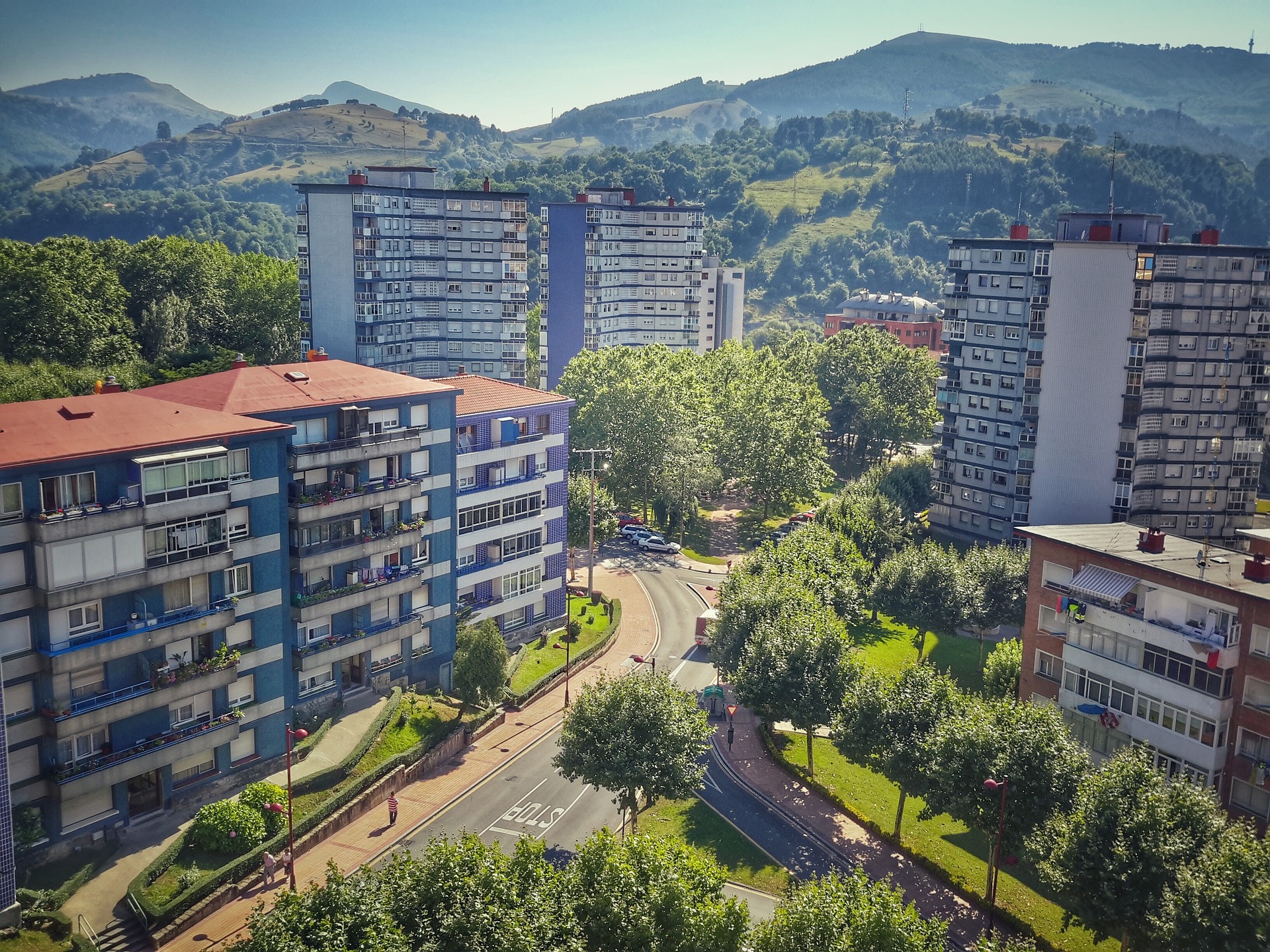A survey was conducted by “EGD4Cities - European Green Dealfor Cities”, a project co-financed by the European Union under Erasmus +.
EGD4Cities aims to empower local authorities to create long-term Sustainable
Development plans, by introducing skills related to the transition to a
cyclical and greener economy.
To achieve this goal, seven partners from six European
countries, including Greece, conducted a survey, involving mainly local
authorities’ staff and representatives, as well as NGO members, who are called
upon to act as a driving force towards change and a spokesperson of citizens.
The main objective of the resulting report is to determine the level of
knowledge and understanding of the participants, in matters related to the
European Green Deal.
Ultimately, the goal is to develop a common document that
can be used by local authorities to strengthen their role in helping actions
related to climate change. In addition, the methodology used is expected to
promote useful data sources, guidelines and standards, as well as good
practices, which can be applied in various local communities.
In Greece, the participants were mainly public officers and
politicians, with significant experience, as the majority (52%) have held the
same position for 6 to more than 10 years, while another significant percentage
of 26% is in their job for at least 3 years.
Greece gathered the largest percentage among the
participating countries, in terms of a good level of knowledge, regarding the
UN Sustainable Development Goals or the environmental and climate goals.
Specifically, 57% of Greek respondents consider that they have a high level of
knowledge on the aforementioned issues, while an additional 17% classify their
knowledge at a very high level.
The percentage claiming to have heard about the European
Green Deal or the 2030 Agenda for Sustainable Development is also high (87%),
while the highest percentage is recorded by our country in the number of
respondents who stated that they know what the Just Transition Fund is (Greece:
74%, Poland: 72%, Bulgaria: 50%, Cyprus: 45%, Italy: 35%, Ireland: 30%).
Regarding the level of progress of each municipality in the
priorities of the European Green Deal, respondents said that their local
governments are developing policies for sustainability or that these policies
are in progress, while the municipalities with completed policies seem to be
few. At the same time, local governments largely state that they simply focus
on national legislation and recommendations (88%) to develop sustainable development
plans and strategies, which may signal a lack of compliance with non-mandatory
European policies.
Regarding the communication with citizens, the Greek local
authorities state that they are trying to make them actively aware of the
sustainable policies and actions related to the Green Deal, while at the same
time they are collecting feedback. However, improvement is needed in the efforts
to involve businesses and other stakeholders in relevant actions and policies.
In general, public officers of the Greek municipalities
state that they are quite aware of the European efforts to achieve a green
transition in cities, while the support they need is, according to the
respondents’ opinion, primarily financial (95%), followed by the need for
capacity building (75%) access to information sources (55%) and administrative
support (55%). However, 96% of respondents also stated that they need special
training, mainly in relation to Green Sectoral Skills (88%) and communication
or marketing skills to engage citizens (52%)
Finally, in the list of the three biggest obstacles faced by
local authorities in achieving the goals of the Green Deal, answers vary
considerably, with lack of financial capacity (18%), burdensome bureaucracy
(17%) and lack of citizens’ support and involvement (13%) being slightly ahead
of other factors.
Given that the research focused on people working in local services
related to the European Green Deal, it seems that public officers directly
involved with these issues have a satisfactory level of information and
knowledge, but do not consider that their entire municipality is properly
trained or has the necessary knowledge, resources and skills to meet the
demands of transitioning to more sustainable cities and societies.
In general, the survey showed that few Local Authorities seem to have taken full action on the European Green Agreement. Most municipalities seem to be trying to adopt as much of the aspects as possible, but the fact remains that they are far from implementing real actions towards sustainability.















